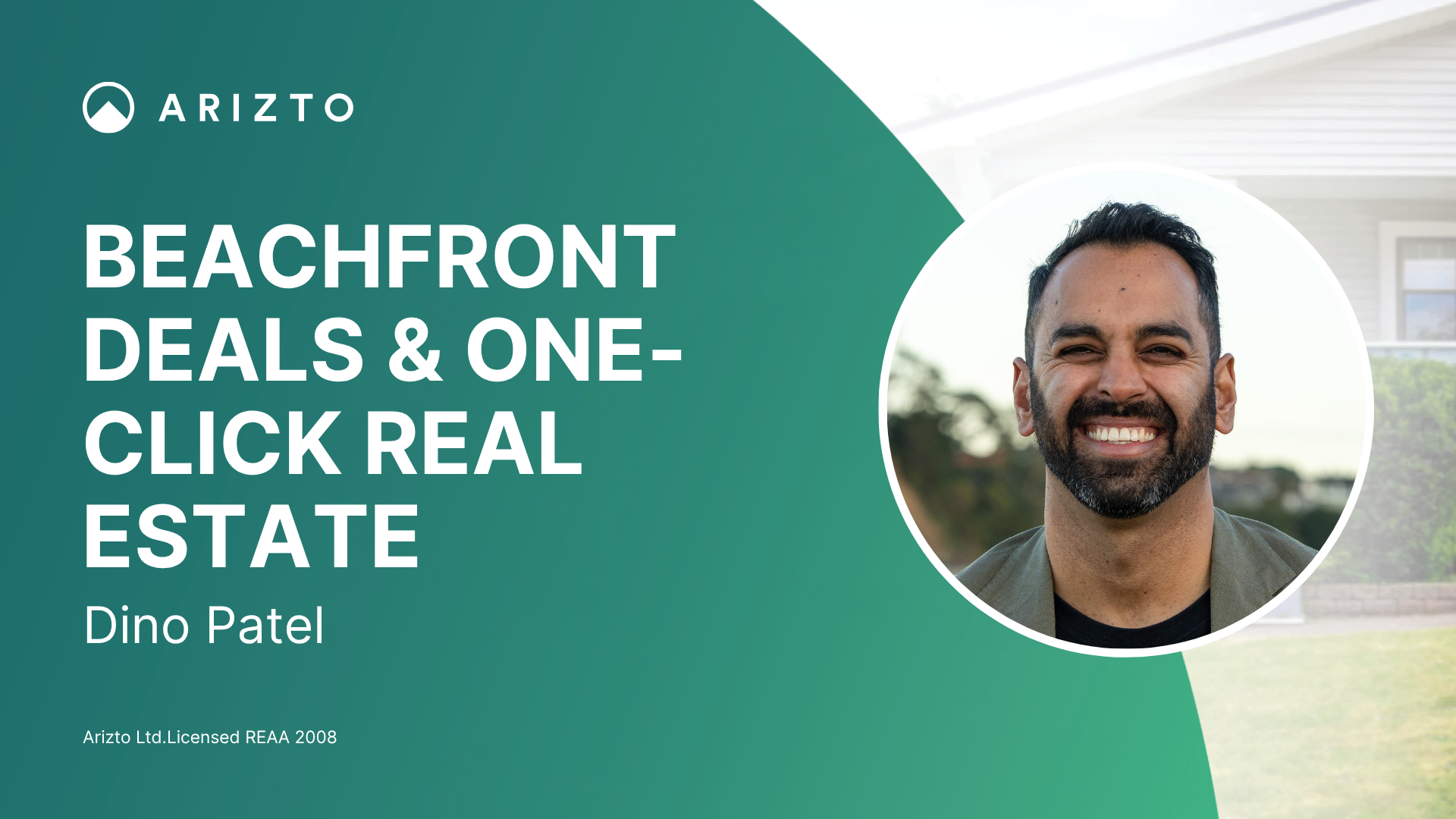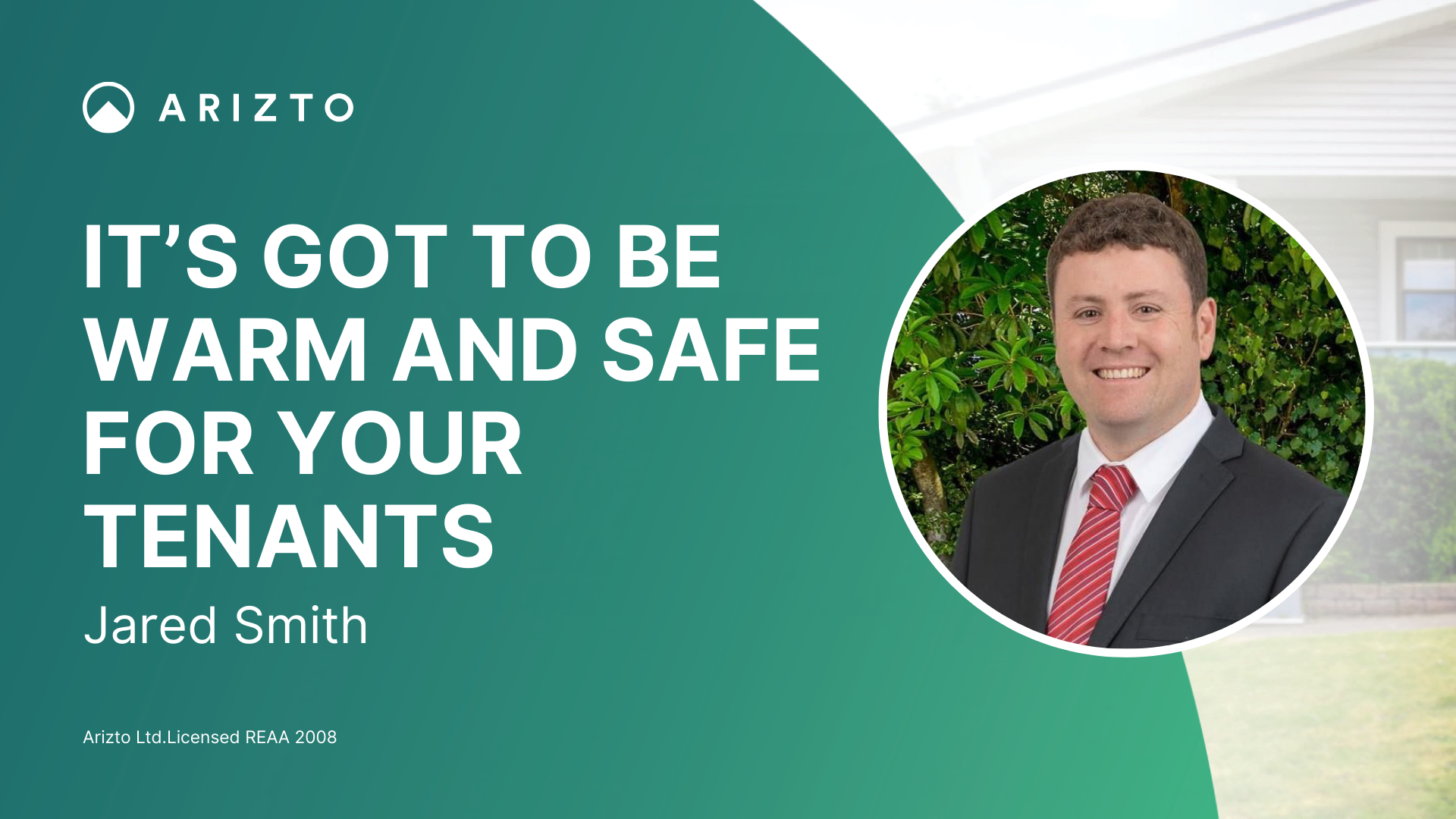If you are looking for some open space, or even just some peace away from suburbia, then a lifestyle or rural block could be a great option.
While there may be a whole lot for you to enjoy about living outside the city boundaries, it is very important to do your research and prepare before buying a lifestyle, rural or bare land block property which suits your needs.
Due diligence is always necessary when purchasing a property of any kind, but is critical when thinking of buying in the country, as these come with a whole extra set of factors to consider.
Issues could include -
• The condition of the existing septic tank, electricity and plumbing systems, as you’ll be off the town grid.
• Where are the local schools and will buses be available to collect the kids and drop them back? For that matter, how far do you have to travel to collect supplies or have them delivered?
• What is broadband and cell phone reception like? Be sure to get in touch with internet providers to enquire about whether a new broadband line will be able to be set up, as you cannot assume if the neighbour has internet then you will be able to get it too.
• Study the distances from local rivers and wetlands as it's important to assess the risk of flooding. If the property is on or near a hillside, enquire into any landslips caused by weather. Check with the local district and regional councils.
More land does mean more responsibility
Having more land to maintain can prove to be difficult. Make sure that you are up for the challenge, or that you are able to afford help with more difficult jobs.
Are you aware of the rules?
It is important to remember rural developments can be subject to rules which restrict what you can do with the land.
When talking to your solicitor, always ask for them to check the Record of Title (RoT)to see if there are any covenants (land use restrictions) on the property which may have an impact on your future activities. Check if there are any planned developments, along with consents and other information you may gather in the process.
Lifestyle and rural properties can also have easements on the Record of Title which relate to access, water or power.
Ask your lawyer to check the RoT, and confirm what easements there are, and how these will impact on your rights and responsibilities as owner.
For example, if the title allows the neighbour access to a piece of their land through the property you want - like a gate or driveway - do you have any right to limit the type and frequency of their access if you buy it?
There may also be unofficial easements operating, where the current owners may have an informal arrangement with their neighbours, like a “handshake deal”, but this may not remain when the property passes onto new ownership.
Water, sewage and access - these can require more involvement in rural areas
With many lifestyle and rural blocks not being connected to sewage schemes, they instead rely on septic tanks or other sewage disposal systems.
It is good to check the water sources for the property, as some are not on mains supply from the nearest roadside.
Does the property have its own bore or well, and are there limits on the amount of water you can draw from it? What process needs to happen to ensure the water is safe to drink? What happens to the wastewater and sewage?
Other things to consider are whether or not you are prepared for life with a septic tank, where you must pay the regular cost of having it emptied, and also whether the current owner will ensure the tank is empty as a condition of sale.
Buying a block with an existing dwelling? Do you know what type of sewerage and water systems have been installed and whether it has the appropriate permits or consents or if there are any ongoing maintenance obligations?
Looking at a bare block of land? Do you know whether resource consent will be required for sewage disposal, and what the current council requirements are? It may also be necessary to ensure that any current resource consents are transferred to you on settlement.
Access
Will you be sharing a private road or right-of-way with any other properties, and do you know what your responsibilities and potential costs for maintaining it will be?
Some of the right questions to ask the real estate salesperson about a lifestyle and rural property could be
• Is there a motorway nearby and are there any NZTA plans for it?
• What is the soil type, and which crops/plants suit it best?
• Am I allowed to graze stock on the property?
• Can I subdivide the land?
Arizto agents around New Zealand have dozens of fantastic lifestyle and land block properties available on their books for you to consider if it’s time to move out or move back to the countryside. If you see one you like, just give the agent and see if the questions answered make that property perfect for you!




